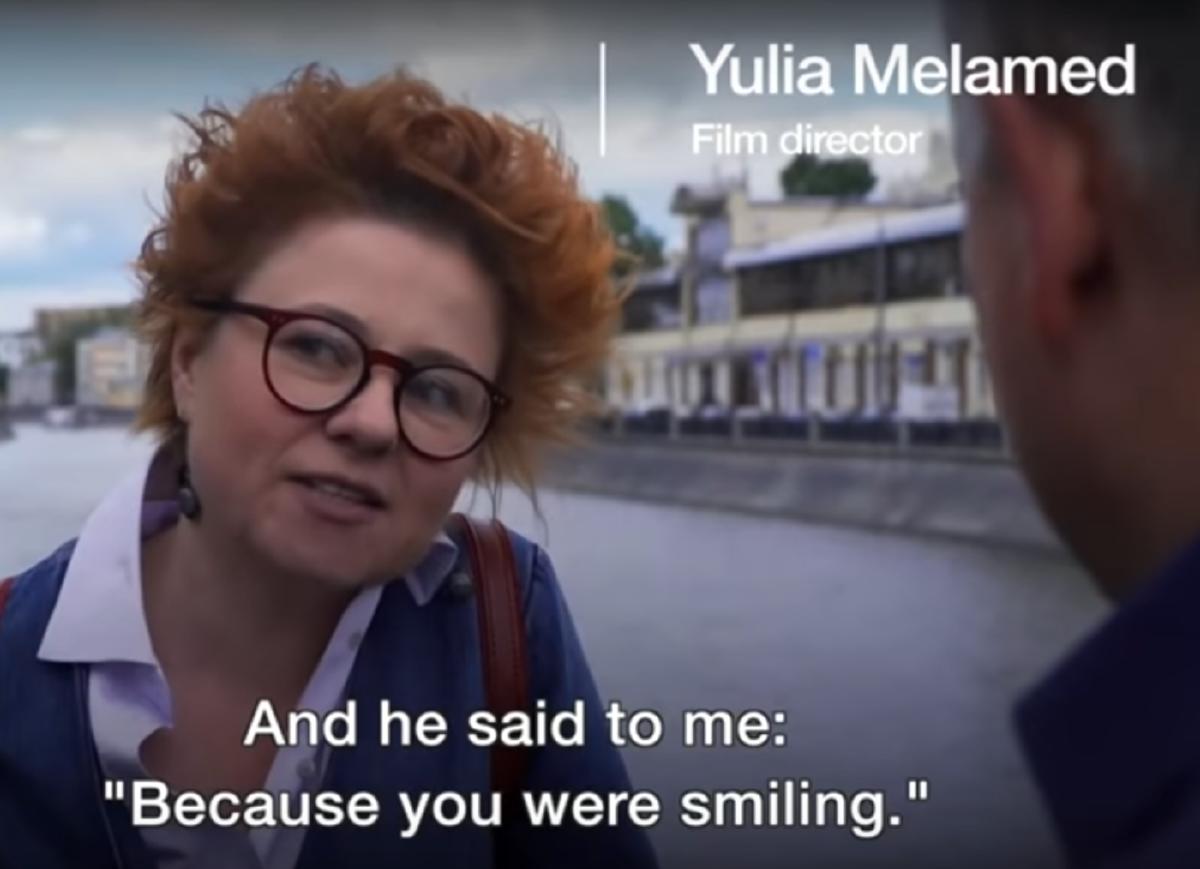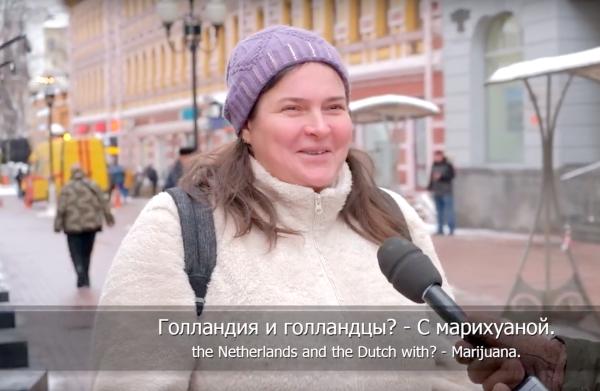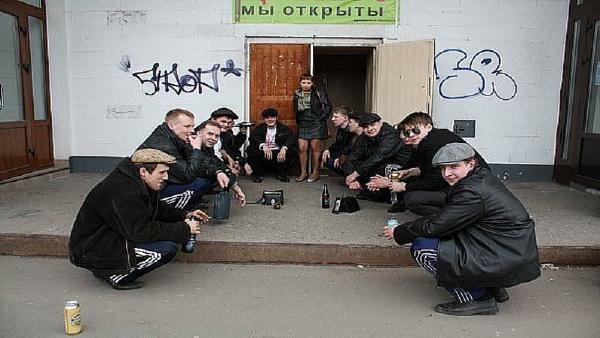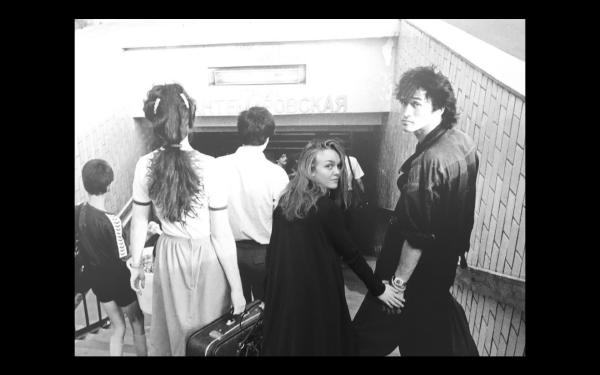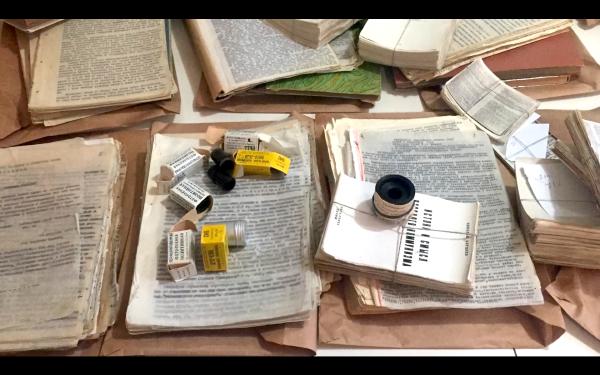Smiling is for fools
Russians are not known as a people who are generous with smiles. Smiling at people you don’t or barely know is more for fools, suspicious, or simply unnecessary. Смех без причины – признак дурачины (laughter without reason is a sign of foolishness). You could also say: Russians save their smiles for when they are truly sincere.
Three times about the Russian (non-)smile – more below the videos.
Why Russians Don’t Smile (2017)
Why Russians are being taught to smile (2018)
See also Russians take a smiling course for the World Cup (NOS Jeugdjournaal, 2018, 3 m) and This is how Russians learn to smile for the WorldCup (Jimmy Kimmel, 2018). A response to Kimmel can be found in Opinion: U.S. russophobia needs to stop (Benjamin Davies, Russia Beyond, 2019).
Russians are being asked to smile (2009)
Update/recent: Why Don’t Russian People Smile? (Easy Russian, 2020, 8 m)
More
See
- Why Do Russians Never Smile? (NFKRZ, 2020, 13 m)
- Why Russians Don’t Smile (Russian With Max, 2018, 6 m)
- Slow Russian / Russian smile (Live Russian, 2018, 3 m)
- Why Russians don’t smile (Ask Russians, 2017, 4 m)
- Why Russians never smile (Easy Russian, 2015, 6 m)
- Russians don’t smile (Abhishek Rungta, 2015, 2 m)
See/read
- These weird gadgets are to help Russian flight attendants smile more (Russia Beyond, 2020)
- Why do Russians look so grim? (Russia Beyond, 2017)
- Why Some Cultures Frown on Smiling (The Atlantic, 2016)
- 10 reasons why Russians don’t smile much (Russia Beyond, 2013)
- Why Russians Don’t Smile (The Moscow Times, 2011)
- Why Russians Don’t Smile? (Understand Russia)
last edited 18-12-2020
More


